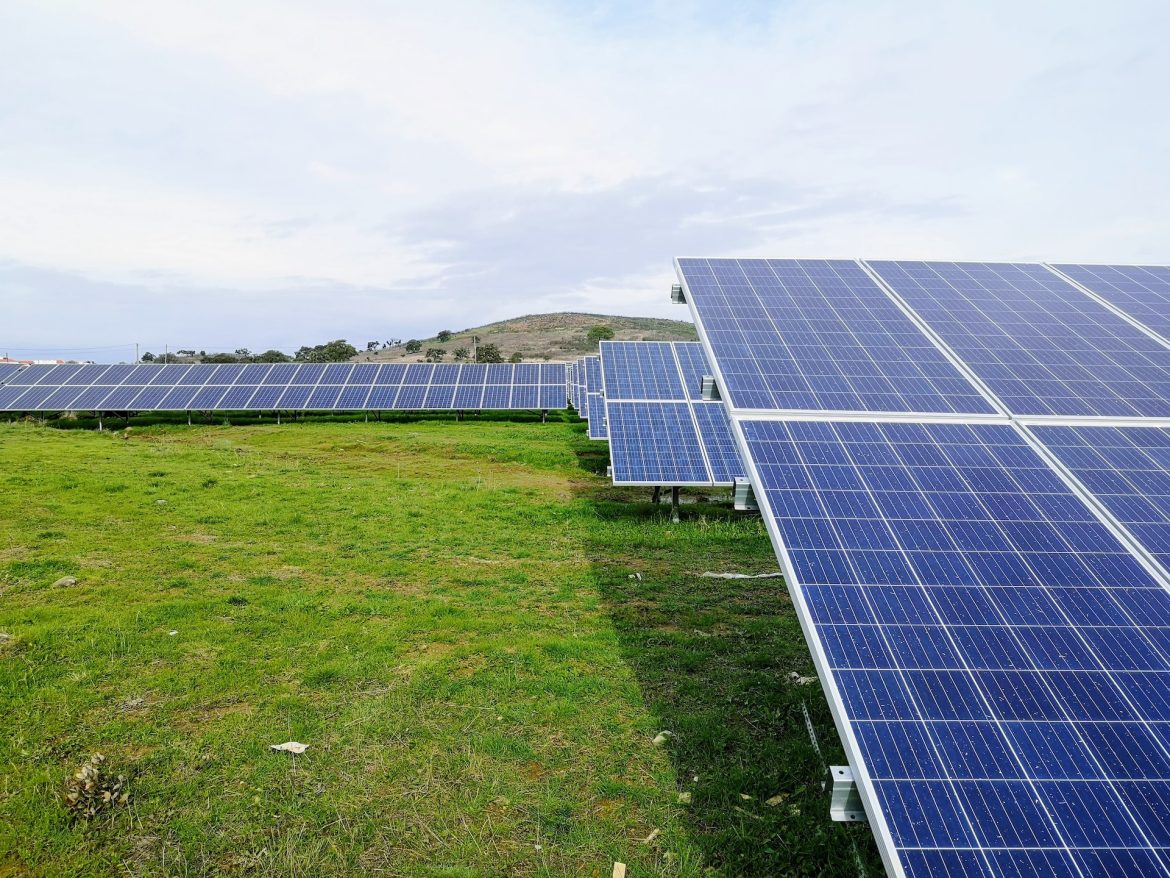Morocco, a country that imports more than 90% of its energy, mostly from fossil fuels, is on a mission to become a leader in renewable energy. The North African nation has set an ambitious target of generating 52% of its electricity from clean sources by 2030, and is developing some of the world’s largest solar and wind projects to achieve this goal.
One of these projects is the Noor Ouarzazate Solar Complex, the world’s largest concentrated solar power (CSP) plant. The 580 MW facility, located in the desert near the city of Ouarzazate, uses giant mirrors to reflect and concentrate sunlight onto a receiver, where it is converted into heat and then electricity. The plant can store some of the heat for up to three hours, allowing it to produce power even after sunset.
Another project is the Tarfaya Wind Farm, the largest in Africa, with a capacity of 300 M3. The wind farm, situated on the Atlantic coast near the border with Western Sahara, harnesses the strong winds that blow in the region to generate electricity.
Morocco’s renewable energy projects have attracted the interest and support of its European neighbours, who are looking for ways to diversify their energy sources and reduce their carbon emissions. In 2016, Spain, France, Portugal and Germany signed a joint declaration with Morocco for future cooperation on green energy. Spain has also been upgrading its submarine connection to the Moroccan grid, which allows it to import and export electricity. Earlier this year, the EU pledged €624 million ($688.6 million) to support Morocco’s energy transition, which requires an estimated $52 billion of investment.
However, Morocco’s green energy boom has also raised some ethical and legal questions, as most of its projects are located in the disputed territory of Western Sahara, which Morocco annexed in the 1970s. The Sahrawi people, who claim the territory as their homeland, have been fighting for their independence and self-determination for decades. The UN considers Western Sahara a non-self-governing territory, and no country has officially recognized Morocco’s sovereignty over it.
According to the NGO Western Sahara Resource Watch, about 81% of the land allocated for Morocco’s renewable energy projects is in Western Sahara. The NGO accuses Morocco of trying to “greenwash” its occupation and of involving foreign companies, such as Siemens, in its violation of international law and human rights. The EU has explicitly said that it would not import energy from Western Sahara and that any agreement with Morocco must respect the interests and consent of the local population.
Morocco, on the other hand, argues that its renewable energy projects benefit the development and welfare of the people of Western Sahara and that it has consulted and involved them in the process. Morocco also claims that it has a historical and legal right to the territory and that it is willing to negotiate a solution based on autonomy under its sovereignty.
The conflict over Western Sahara remains one of the longest and most complex in the world and has implications for the stability and security of the region. The UN has been trying to mediate a peaceful resolution, but the talks have been stalled for years. The recent recognition of Morocco’s sovereignty over Western Sahara by the US under the Trump administration, in exchange for Morocco’s normalization of ties with Israel, has further complicated the situation and sparked protests and condemnation from the Sahrawi and their supporters.
Despite the challenges and controversies, Morocco’s renewable energy sector offers a glimpse of hope and opportunity for the country and the continent. Morocco has shown that it is possible to pursue a low-carbon and sustainable development path, while also creating jobs, reducing poverty and improving living standards. Morocco’s green energy projects also have the potential to foster regional integration and cooperation and to contribute to the global fight against climate change. Morocco hopes to become a model and a catalyst for the rest of Africa, which has abundant renewable energy resources but still faces many barriers and challenges to exploit them.
Source: OilPrice.com



